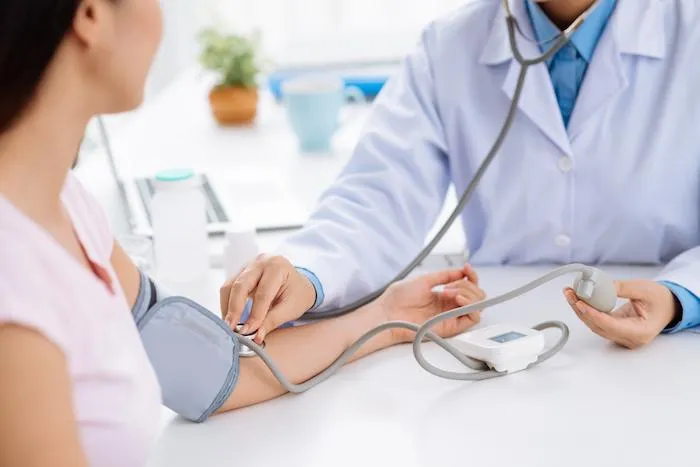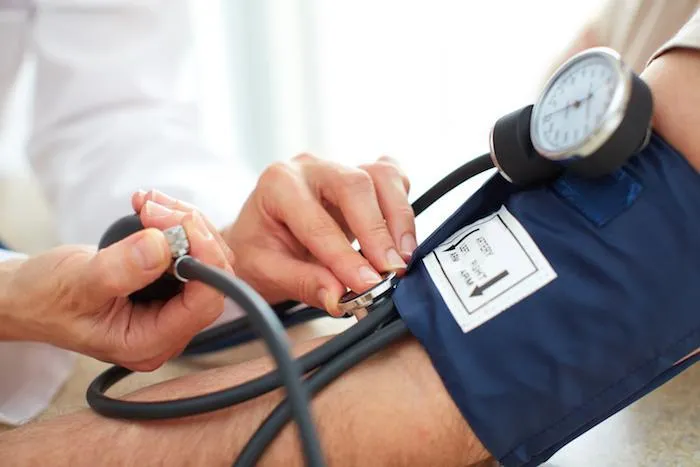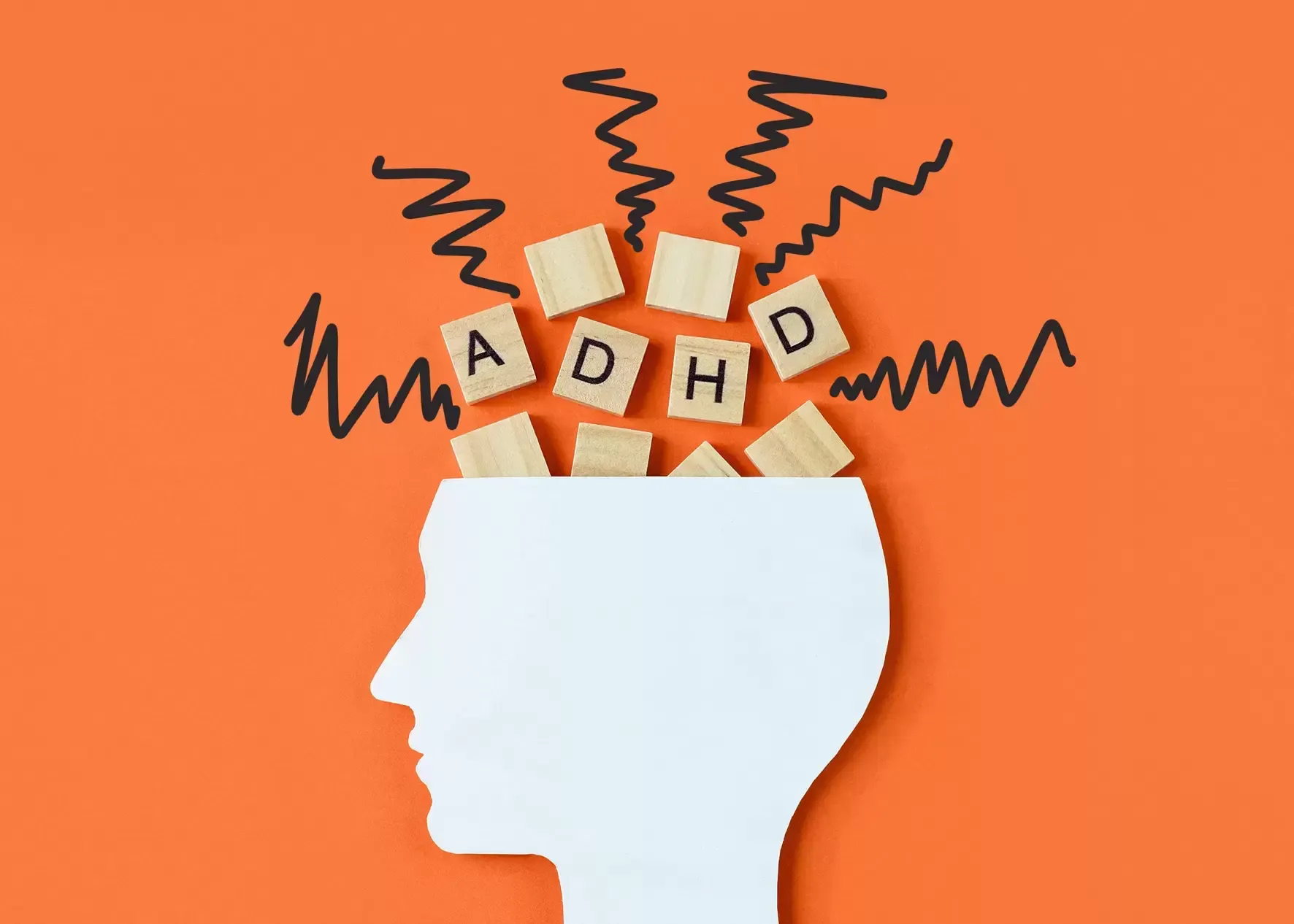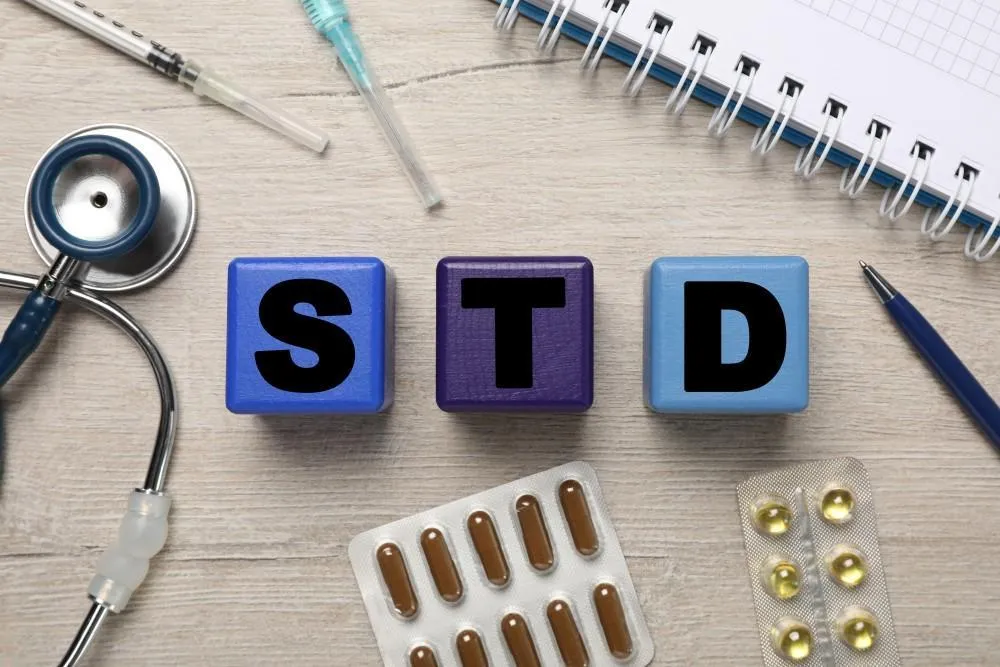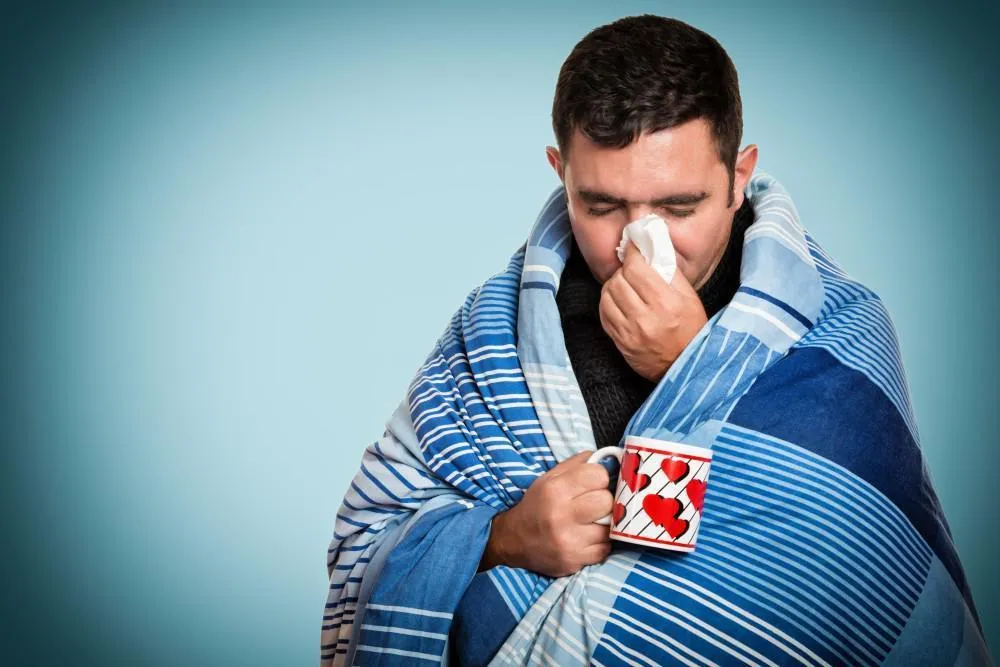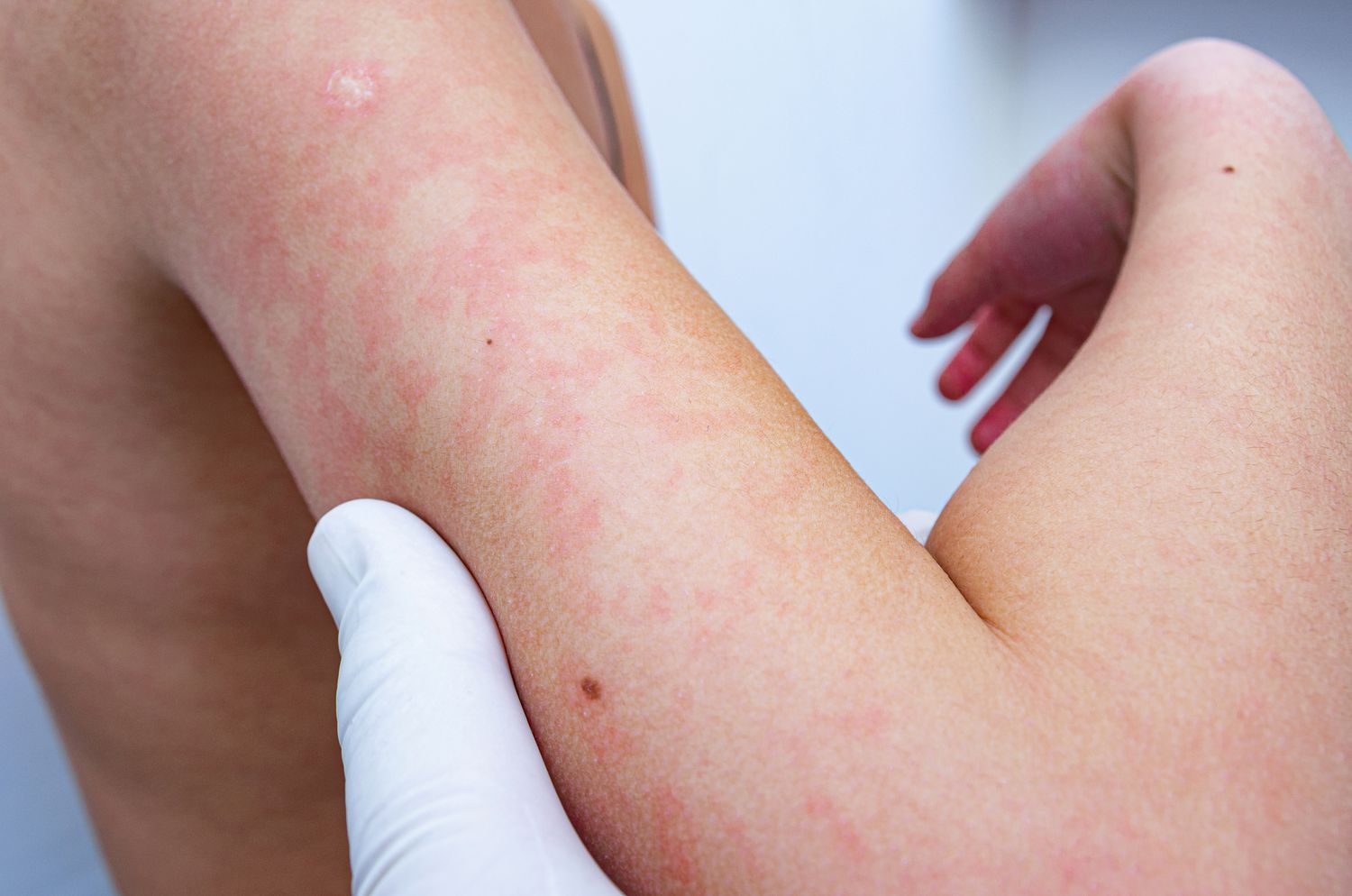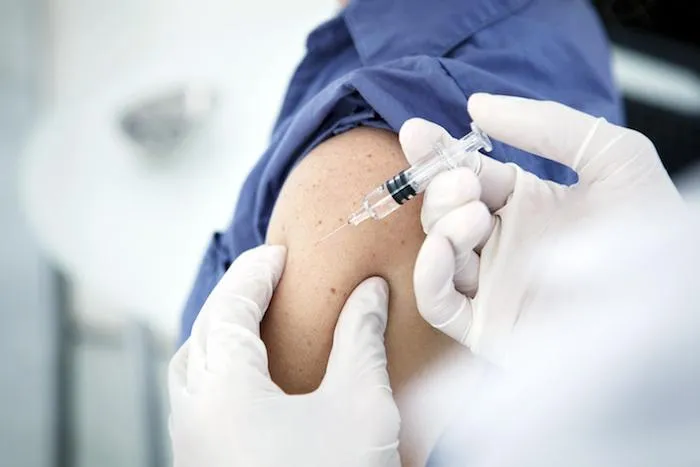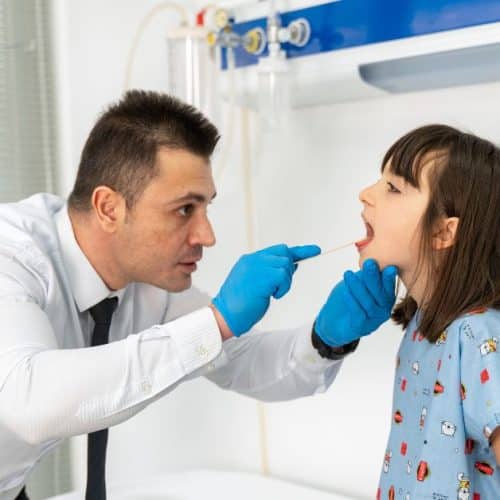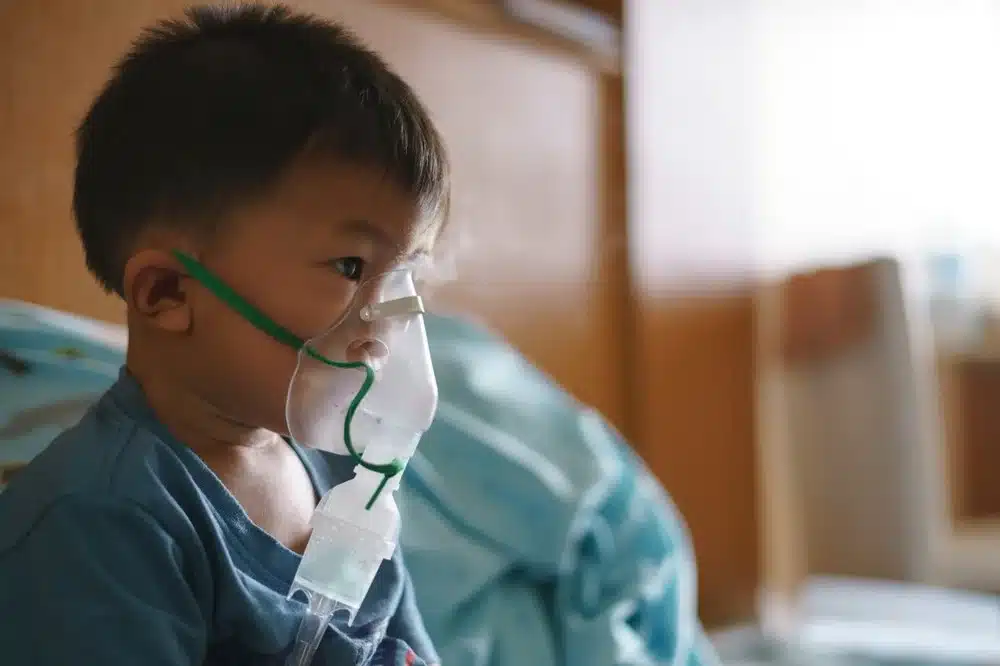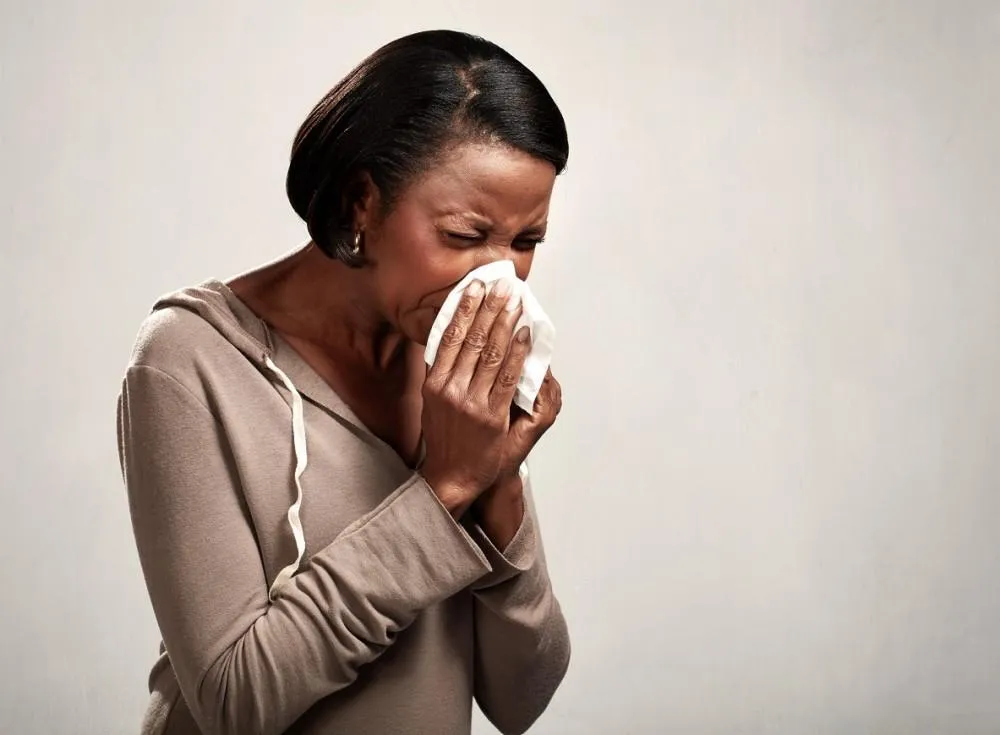Allergies in Kids: Symptoms & Treatment
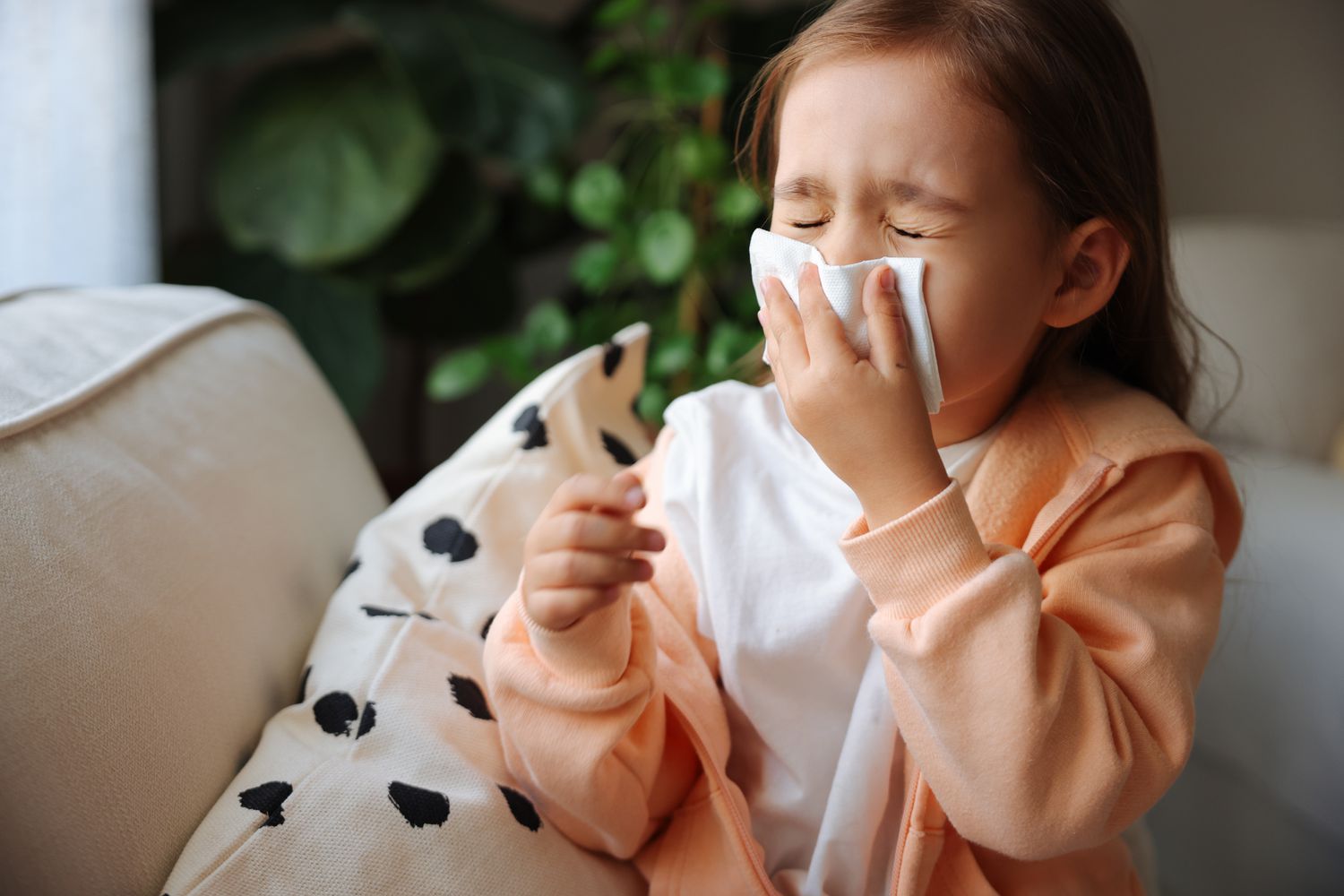
Caring for a child’s health is a key task for parents. Many people faced with allergies in kids do not know what to do. We recommend all parents start the examination in time. Allergies in children are a disease that, alas, almost all parents have to deal with nowadays. In one way or another, every third child is affected by allergies.
Allergies are very common among children, affecting millions globally and in the United States. According to the Centers for Disease Control and Prevention (CDC), about 10% of children in the U.S. have been diagnosed with respiratory allergies, often referred to as hay fever. This condition can cause symptoms like sneezing, congestion, and itchy eyes, and is often triggered by pollen, dust mites, or pet dander.
Food allergies in toddlers are another critical area, with approximately 5.8% of U.S. children being affected. Common allergens include peanuts, milk, and eggs. There has been an increase in food allergies over the past few decades, making this an increasing problem for many health care systems.
Moreover, around 10.8% of children experience eczema, a skin condition often associated with other allergic conditions like asthma and hay fever. These allergies in kids can significantly impact their quality of life, leading to missed school days and the need for allergies treatment services.
What is Allergy
Allergy is a specific reaction of a child’s immune system to an allergen, resulting from the body’s hypersensitivity to the substance.
Allergy is not a disease in the usual sense of the word. Allergy in a child is a pathology that occurs when the child’s body comes into contact with an unfavorable factor (allergen). At the first contact with an allergen, the immune reaction is not always manifested. Most often, allergy develops after the body has studied the structure of the unknown substance and understands whether it is “own” or “enemy”.
Physicians believe that the sensitivity to allergies in toddlers is genetically determined. If the mother is an allergist, then the risk of allergic disease in the child is high – up to 70%. The father can get allergies from 12 to 40% of children. And when both parents have such a diagnosis, the threat is 80%.
Common Allergy Symptoms in Kids
The severity and nature of the signs of the disease are influenced by its type and localization. Knowing the main toddler allergy symptoms and signs will be very useful to parents. What are the three stages of an allergic reaction? Symptoms manifested singly or in complex:
- Allergic symptoms on the part of the respiratory system: prolonged (more than a week) rhinitis (vasoconstrictor drops do not work) with transparent semi-liquid secretion, discomfort in the sinuses, stuffiness due to swelling of the mucosa, itching in the nose and frequent sneezing.
- Skin symptoms may appear as skin redness, appearance of rashes, spots, blisters, papules, wet eczema on the face, over the body, in the folds. Often the resulting defects are itchy, sore, burning. Soft tissue edema is uncommon, a dangerous form of which is considered Quincke’s edema, especially of the larynx, as well as internal edema. As a rule, allergies on the face of the child in general are considered one of the earliest symptoms of the development of the disease.
- On the part of the GIT, allergy in kids is shown, as a rule, by vomiting, diarrhea (which threatens dehydration), belching, nausea, pain, lashes in the abdomen, flatulence.
Often noted general malaise: weakness, headache, pain in the joints. Characteristic manifestations are anemia, nosebleeds, crankiness, irritability, sleep disorders, appetite.
Common Allergy Triggers in Children
Allergic reactions are caused by allergens (irritants) entering the child’s body. There are three main ways allergens can enter a child’s body.:
- Oral – by ingestion of food, various drinks.
- Respiratory – by inhaling the allergen with air (e.g., plant pollen).
- Contact – by direct contact with the allergen.
Allergies in kids most often occur when the body comes into contact with pollen, animal hair, certain medicines, insects, cleaning and washing chemicals, as well as foods with high allergenicity (whole cow’s milk, eggs, nuts, chocolate, honey, etc.).
Why exactly allergies develop, scientists still do not know. However, some factors significantly increase the risks of this pathology:
- Hereditary factor.
- Exposure to frequent infectious diseases.
- Poor environmental conditions in the region of residence.
- The desire of parents to create a child «sterile condition» for life.
- Too early introduction of complementary foods, early withdrawal of the mother from breastfeeding.
Common Allergens
Common allergens in children include a variety of substances and environmental factors that can provoke allergic reactions. One of the common allergy triggers in children is pollen, which can cause seasonal allergic rhinitis, also known as hay fever. Dust mites are another significant indoor allergen, thriving in bedding, carpets, and soft furnishings, leading to year-round symptoms such as sneezing and a runny nose.
Animal dander, particularly from cats and dogs, is a common trigger for children sensitive to pet allergens. Mold spores, which can be found in damp areas like bathrooms and basements, are another frequent cause of allergies.
A variety of food allergies in children are diagnosed when the main allergens are eggs, milk, fish, peanuts, wheat, and shellfish. Even small amounts of these foods can trigger severe reactions in sensitive individuals. Additionally, insect stings can cause allergic reactions in some children, ranging from mild to life-threatening.
Exposure to cigarette smoke and pollution can exacerbate allergies and asthma, making it crucial to maintain a clean, smoke-free environment. Identifying and managing these triggers is key to preventing and minimizing allergic reactions in children.
Diagnosing Allergies in Kids
If a child is suspected of having an allergy, parents should always show the child to an allergist. The purpose of diagnosis is not only to detect the pathology but also to determine the cause of its development. The basis for making a diagnosis is the nature of clinical manifestations, anamnesis data and physical examination. To confirm it, a number of tests are carried out. The most informative results for allergies in toddlers are:
- general and biochemical blood tests;
- blood tests for IgE;
- skin allergy tests;
- elimination tests.
Compliance with the diet also becomes a kind of diagnosis of food allergy. Excluding or adding a certain product to the diet helps to detect the irritating factor. Allergies in kids could be a reason for annual checkup.
This will allow you to identify allergens and begin treatment of the disease as soon as possible. Use urgent care in Gaithersburg, MD if you need it. It is important to identify allergens in time and avoid contact with them to prevent chronic processes.
Treatment Options
How do you treat allergy symptoms in children? The nature of the symptoms and the treatment of allergies in a child are closely related. To eliminate some of them, ointments are needed, others disappear after the use of drops. Depending on the type of allergy in kids, the doctor may recommend adjusting the diet of children’s food, carefully choosing household chemicals and even picking a new owner for a pet. Its type also affects the drugs used.
How do you get rid of childhood allergies? In the acute period, children are prescribed treatment, depending on the type of allergy, its causes and main symptoms:
- Taking antihistamine drugs to relieve the manifestations of pathology.
- Application of anti-inflammatory and antipruritic ointments, creams or gels to the skin to relieve irritation, itching and burning.
- The use of hormone-containing drugs for pronounced manifestations of allergy (usually in the form of creams or ointments).
A modern method of treating allergies in children is ASIT or allergen-specific immunotherapy. It consists of the introduction of a drug with microdoses of allergen. As they increase, the body “gets used” to the constant exposure to the irritant. Therefore, reintroduction of the allergen from the environment does not lead to hypersensitivity symptoms.
Home Remedies and Lifestyle Changes
Allergies in toddlers can be a very dangerous and insidious disease, and it is not always possible to eliminate all potential allergens from a child’s environment. It is very important to identify all the substances to which the child’s body reacts inadequately and to carefully control the disease. From the moment the pathology is detected, it is advisable to explain to kids with allergies the effect of allergens, how to recognize danger when adults are not around and teach them not to accept sweets or fruits from strangers if the child is allergic to them.
Most kids with allergies stop reacting to dairy products, egg whites, and gluten in cereals within the first 10 years of life. But not all and not always. Allergies are a mysterious disease and usually occur very individually. For instance, you’re unlikely to be friends with nuts and seafood if you had an allergic reaction to them in early childhood, so it is better not to experiment.
It is impossible to be sure that the body will develop tolerance to certain allergens over time. It all depends on a whole bunch of factors: the type of allergen, the first contact, the course and frequency of the allergic reaction, and the state of the immune system. Even when kids with allergies have ceased to “react” to a certain product or substance, this does not mean that parents can relax and not worry about their child. Allergies are unpredictable: they come from nowhere and go nowhere. But it can come back and strike at any time. 9 essential tips for living a healthy lifestyle will be useful for every family.
When to See a Doctor
It is recommended to seek help from a doctor in any case, even if allergies in children are almost imperceptible and do not bring discomfort to the child. It is necessary to identify the allergen and listen to the opinion of a specialist, so that the allergy does not become a cause of complications in the future.
You should see a doctor if allergies in toddlers cause persistent symptoms that interfere with daily life, such as chronic coughing, wheezing, or difficulty breathing. Immediate medical attention is needed if your child experiences severe reactions. Getting early treatment can help control symptoms and improve the quality of life for your child.
Conclusion
Don’t let allergies in kids control their life! Early identification and management are key. If you suspect your child has allergies, consult a pediatrician for proper diagnosis and treatment.
Stay informed about common allergy triggers in children and treatment options to keep symptoms under control. For personalized advice and effective allergy management strategies, consult with a healthcare professional. Your proactive approach can help ensure your child lives a healthy, allergy-free life.


